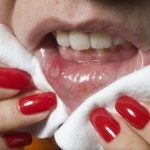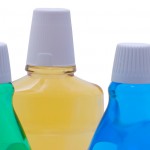
Recurrent aphthous stomatitis (RAS) is the most common form of oral ulceration. Prevalence rates for the general population vary between 5-60%. Onset generally peaks between the ages of 10-19 an often persists in to adulthood. A wide range of topical and systematic treatments have been utilised including low-level laser therapy. The aim of the study [read the full story…]




